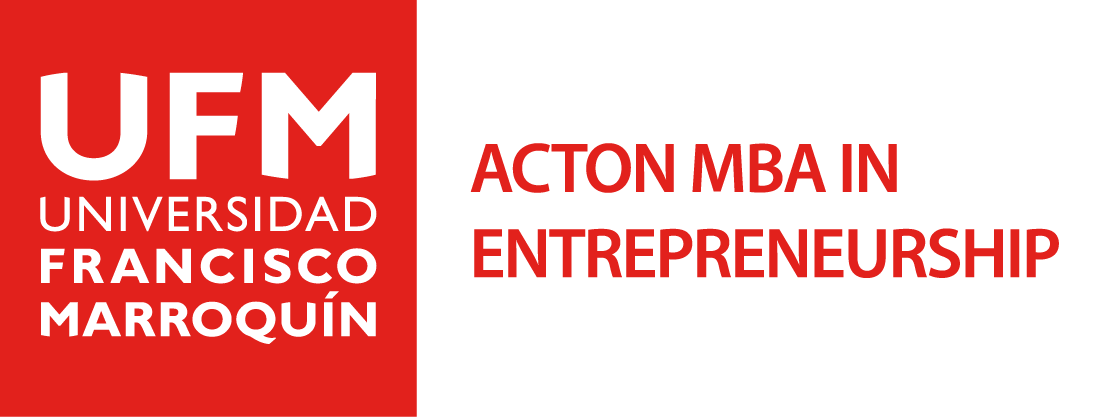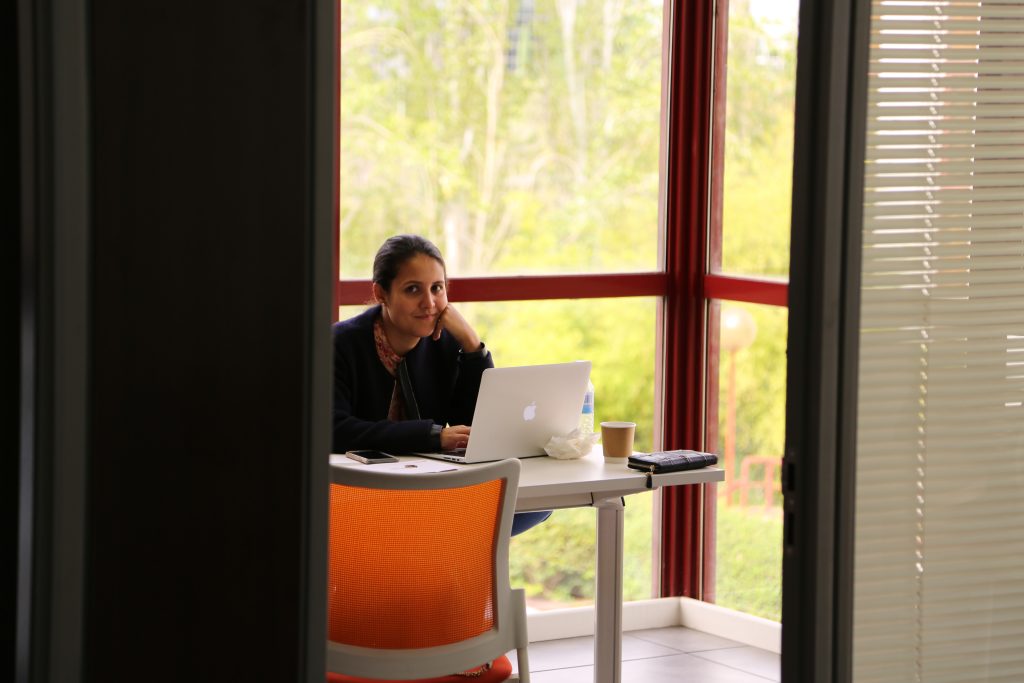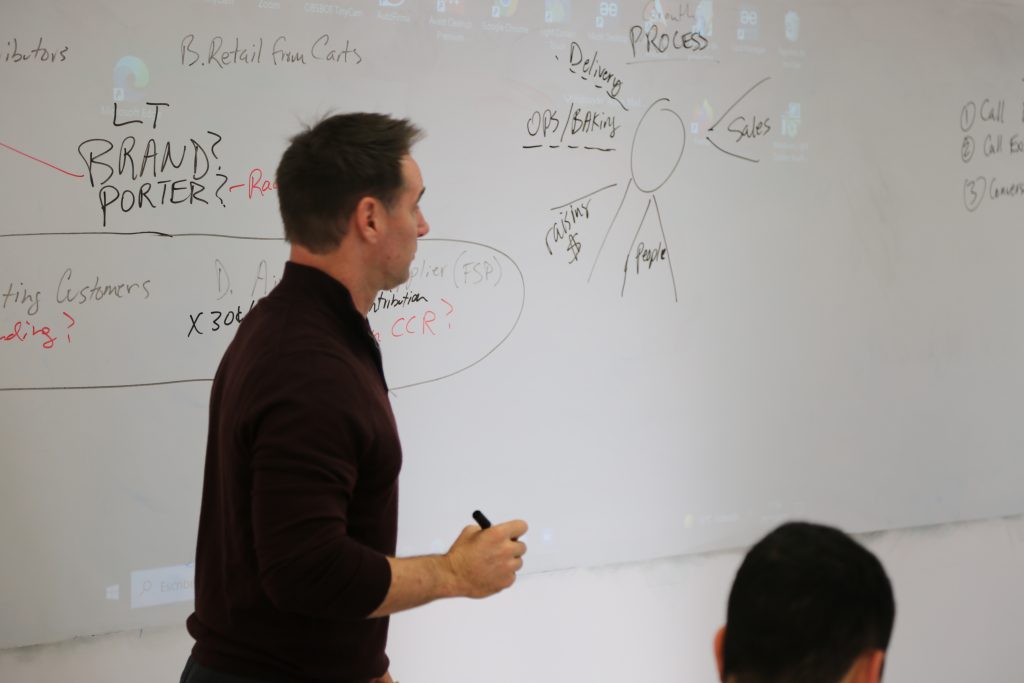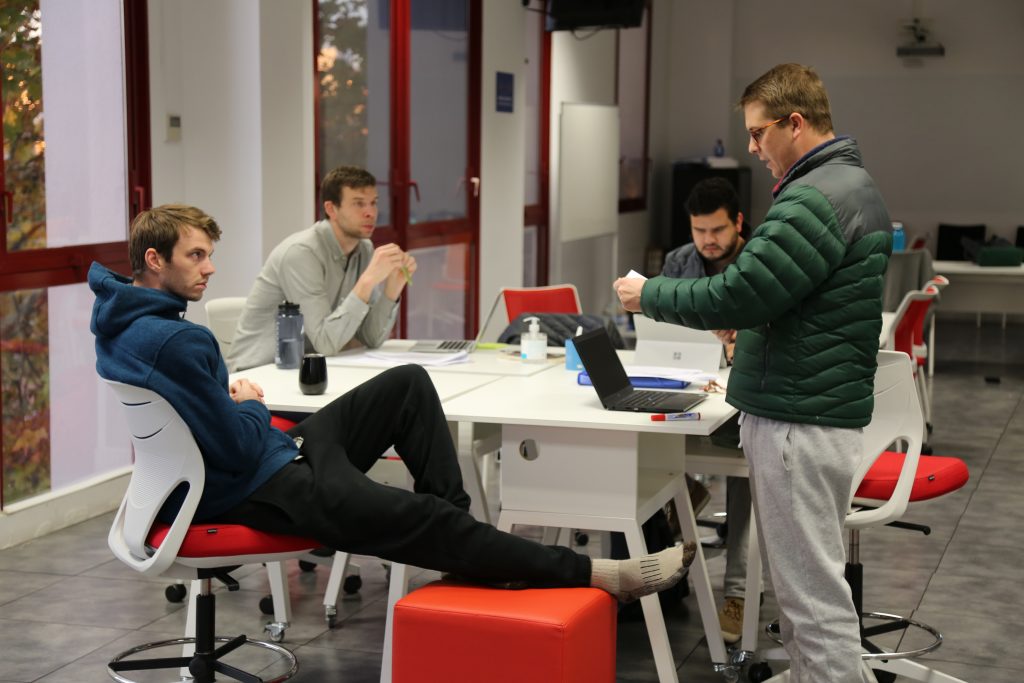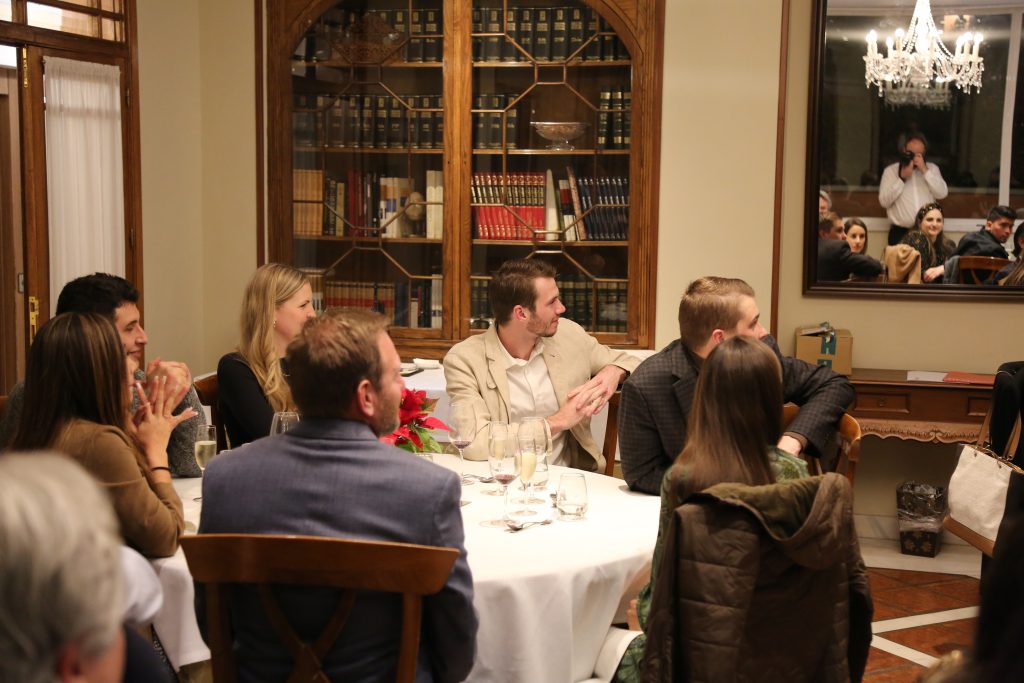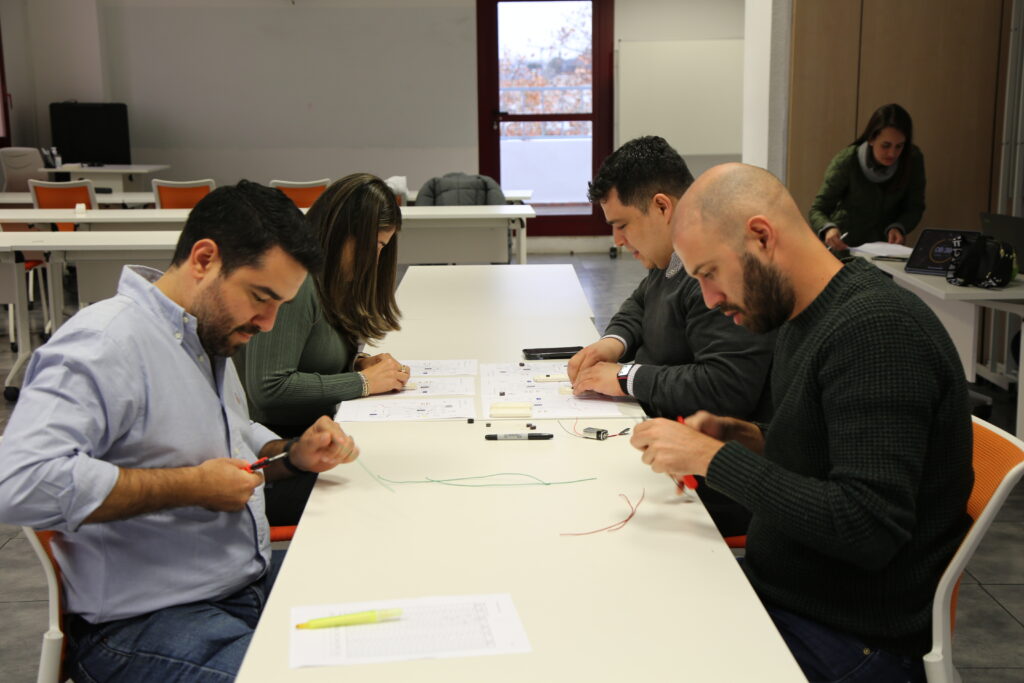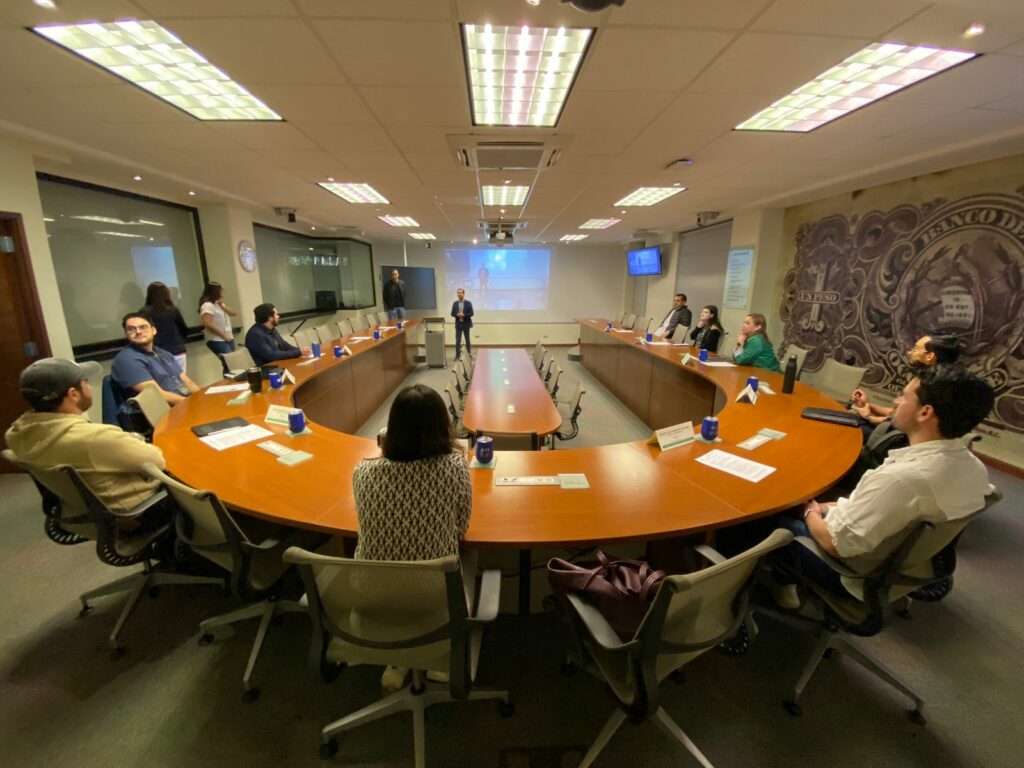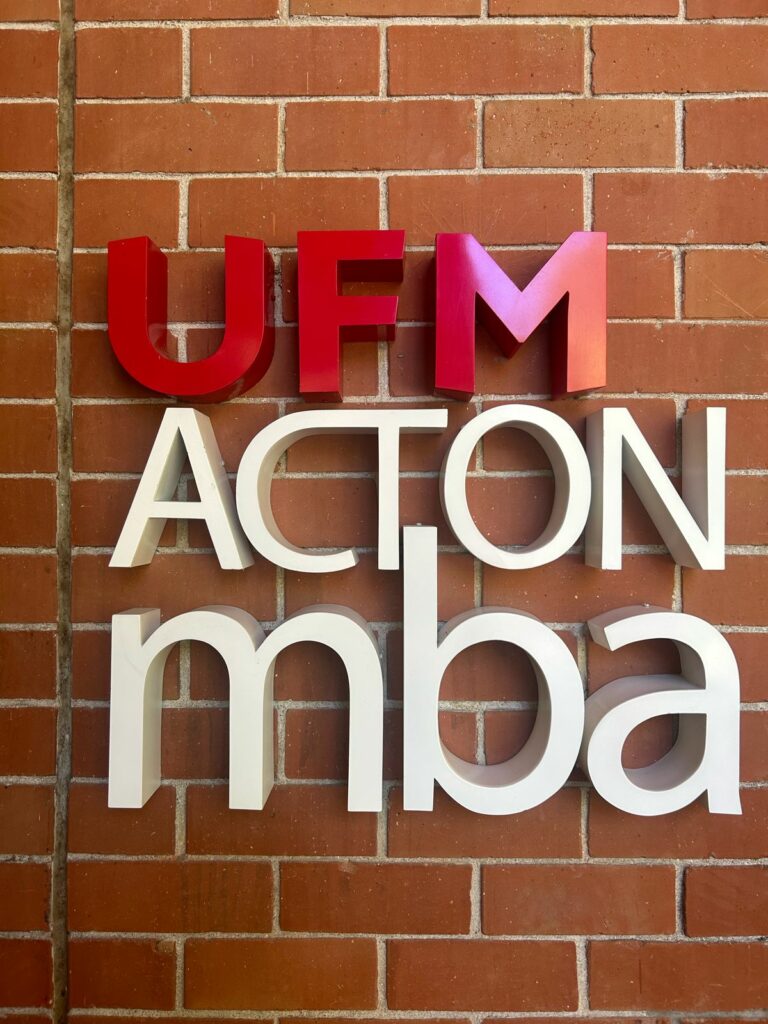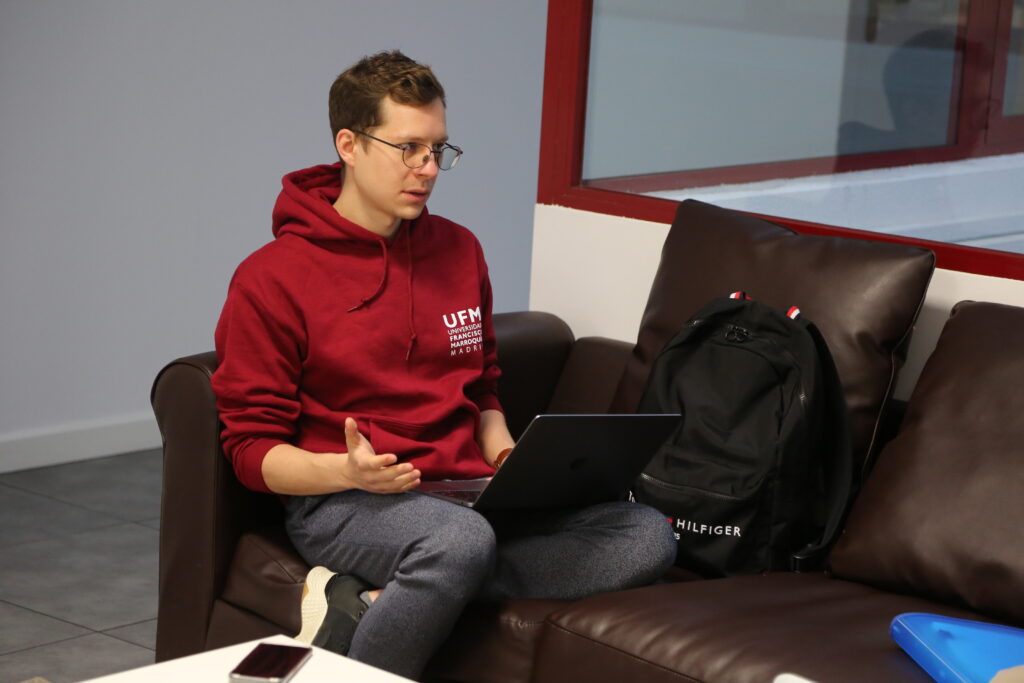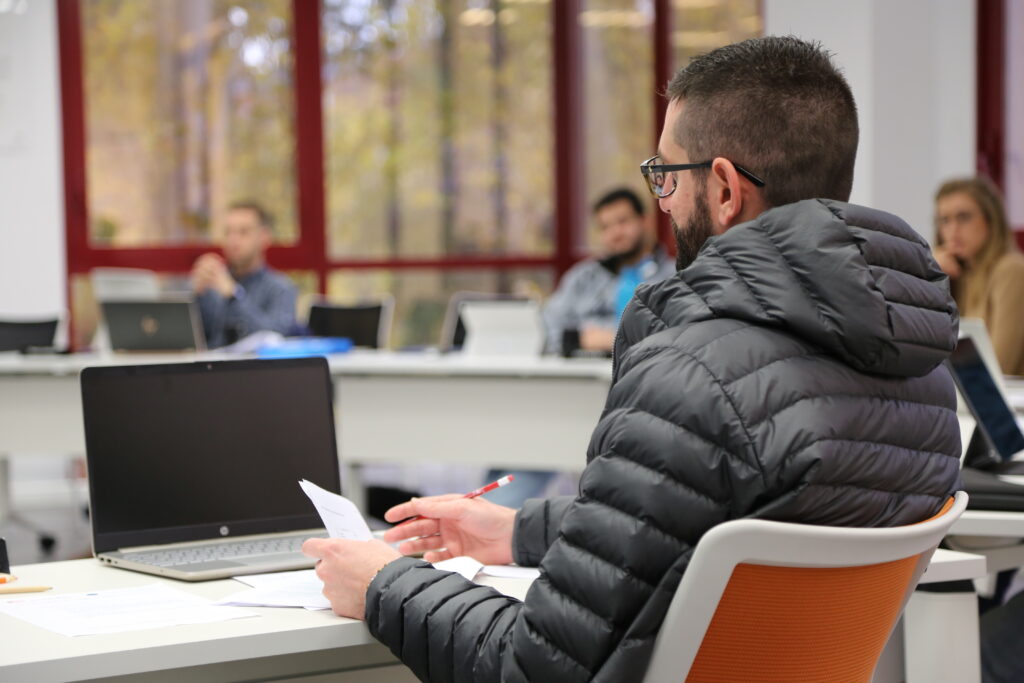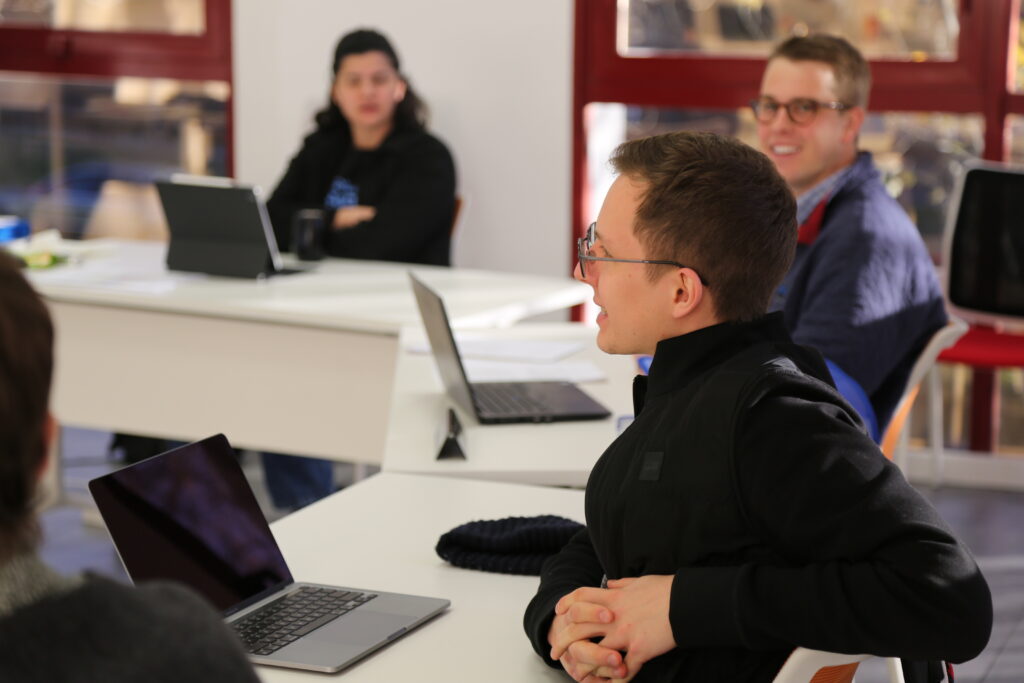Alumni Voices: Franchise Businesses after Acton
“Originally I had planned on launching a fitness studio on my own and making a standalone business. But after getting estimates on branding and identity, marketing collateral, and a website …”
At Acton, our alumni pursue businesses in a wide variety of industries—including technology, energy, fitness, and manufacturing—utilizing many different business models and structures well suited to each respective industry. However, a number of our alumni have found particular success with the franchise model, which can be applied across many business categories. Operating as independent franchisees of nationally branded businesses, they are able to create and steer their own businesses, while drawing from established branding, practices, and reputations.
We recently caught up with three of our alumni who have pursued and launched franchised businesses. They told us why franchising offers an appealing route to entrepreneurship, shared how Acton helped them get there, and offered insights for new and prospective Acton students.
The Alumni
Chris Shonk (’04) is managing director of Liahona Ventures, where he makes all investment decisions, dictates the fund’s investment focus and philosophy, and serves in board seats or an oversight capacity in its more substantial portfolio investments. The fund is an investor in franchise businesses. It’s the largest Massage Envy owner in the country, with eight clinics in Central Texas.
Kyle DeHaas (’07) has two businesses—both drawing on the franchising model. At FranNet of Central Texas, Kyle is a franchise consultant and helps aspiring entrepreneurs research franchise concepts and match them to their skills and goals. He is also CEO of TUC Managed IT Solutions, a managed services provider (MSP) that offers virtual IT service and support for small- and medium-sized businesses at a fixed monthly rate.
Joseph Kozusko (’08) holds the franchise for The Bar Method in the Austin area, where he also oversees its operations and marketing. When it opened in 2010, the body-sculpting studio was the second location in Texas and the forty-ninth in the franchise network, which today has fifty-five locations. A private equity group recently bought into The Bar Method’s corporate entity and is planning to aggressively support growth with stronger marketing and a plan to double locations within two years.
On the Appeal of the Franchise Model …
Chris
They are highly scalable, relatively flat organizations. With franchises, there aren’t too many unknowns or risks typically associated with a start-up business.
Joseph
Originally, I had planned on launching a fitness studio on my own and making a standalone business. But after getting estimates on branding and identity, marketing collateral, and a website … It was all going to cost more than the franchise fee, and we still wouldn’t have a solution for the music in classes and playlists, training of the instructors, a CRM, etc. … It certainly wasn’t turnkey, but, in retrospect, franchising presented very good value.
Kyle
Franchising is a good way to mitigate the risk of starting and running a business by having a proven model that provides a known customer base, repeatable arbitrage, more accurate revenue and cost forecasts, a playbook for sales and operations, and an easier exit strategy. It enables the owner to focus on core business activities while the franchisor provides support, processes, branding, and a community of peer owners.
On Acton’s Impact on Their Decisions to Launch Their Businesses …
Joseph
Acton was part of this decision 100 percent. I would not have had the confidence in myself to tackle it without Acton. I could evaluate my risks before I signed that franchise fee check.
I ran scenarios on the proforma and can now handle the financials with ease.
I can also see clear operational improvements to make and then course-correct along the way. And last piece—the people. Hiring, firing, coaching, leadership … it all matters so much more than I could have possibly guessed. Acton prepped me for that reality which I hadn’t been expecting.
Kyle
Acton had everything to do with my decision. That education underscored the importance of knowing your customers, managing operations and costs, beginning with the end in mind, finding a repeatable arbitrage, forecasting sales, and focusing on one’s strengths.
A franchise model provides competitive advantages in all of these areas. The topics I learned at Acton apply directly to my consulting work in FrabutnNet. My customers rely on me to help them understand how to evaluate business opportunities, and Acton graduates are uniquely skilled in this area.
Chris
At Acton, we did some case studies on franchises, had a speaker who owned a large pizza franchise speak one day, and it was pretty simple to see that the risk/reward made sense. Also, as a military guy, I’m an operator by nature and franchises are management to the lowest common denominator, typically with very unsophisticated owner/operators. If they can be living the American dream with a location or two, then surely I could live the global dream with a dozen locations, possibly picking off weak operators or competitors along the way.
Advice for New or Prospective Acton Students Considering Franchised Businesses …
Kyle
Any students heading into Acton should be prepared to learn a great deal. Use it. Refer back to it. Cultivate humility. Be curious. And if you’re considering franchising, talk with me.
Chris
Don’t enter a mature franchise market and assume you can differentiate your offering or position yourself better than the incumbents, who are entrenched with brand, experienced labor force, great locations, and strategic relationships. Find a market where you can be king of the hill fast and be that sophisticated incumbent that others have to reckon with. Retail is often a war of attrition, get there first, control key resources (KSFs) and let new entrants exhaust themselves … Their customers will ultimately be your customers when your competitors throw in the towel.
Joseph
No matter what anyone says, franchising is a form of entrepreneurship. You have a blueprint, but the execution is up to your own decisions.
Chris
Being a franchisee is not difficult, invest in what you know and understand. You don’t need an advisor, meddling board of directors, etc. Right concept, right location, right people, right unit economics … add water, shake, retire.
More Questions? Let Us Know!
Do you have any other questions about applying to Acton, pursuing a franchise business model, or how an Acton MBA will prepare you to make money and run your own business?
Sign up to visit a class or feel free to contact us with your questions directly!
And learn about other alumni experiences at Acton—based upon their own backgrounds, professional interests, and experiences.
